Sequence in which to perform repairs and upgrades
vishketan
9 years ago
Related Stories
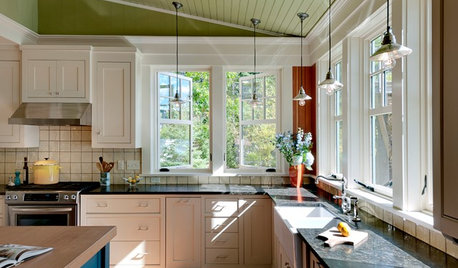
REMODELING GUIDESWhich Window for Your World?
The view and fresh air from your windows make a huge impact on the experience of being in your house
Full Story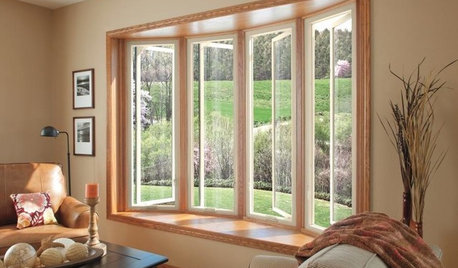
GREAT HOME PROJECTSUpgrade Your Windows for Beauty, Comfort and Big Energy Savings
Bid drafts or stuffiness farewell and say hello to lower utility bills with new, energy-efficient windows
Full Story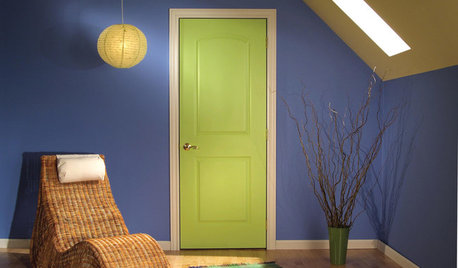
GREAT HOME PROJECTSUpgrade Your House With New Interior Doors
New project for a new year: Enhance your home's architecture with new interior doors you'll love to live with every day
Full Story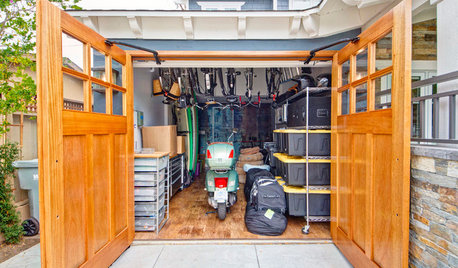
GARAGESHouzz Call: How Do You Put Your Garage to Work for Your Home?
Cars, storage, crafts, relaxing ... all of the above? Upload a photo of your garage and tell us how it performs as a workhorse
Full Story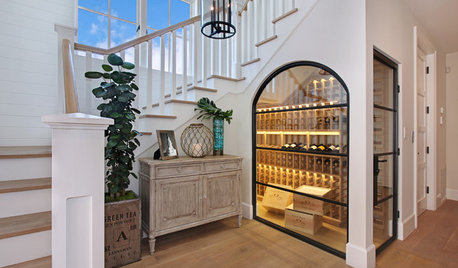
LIGHTINGWhat to Know About Switching to LED Lightbulbs
If you’ve been thinking about changing over to LEDs but aren't sure how to do it and which to buy, this story is for you
Full Story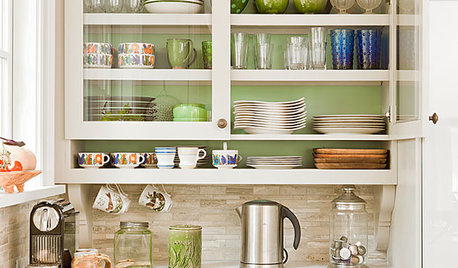
KITCHEN CABINETSChoosing New Cabinets? Here’s What to Know Before You Shop
Get the scoop on kitchen and bathroom cabinet materials and construction methods to understand your options
Full Story
MATERIALSInsulation Basics: What to Know About Spray Foam
Learn what exactly spray foam is, the pros and cons of using it and why you shouldn’t mess around with installation
Full Story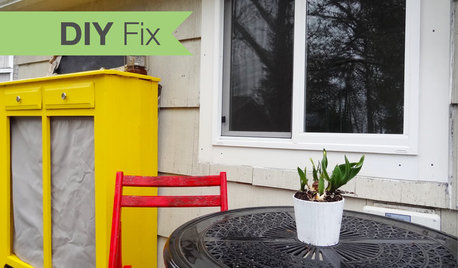
Replace Your Windows and Save Money — a How-to Guide
Reduce drafts to lower heating bills by swapping out old panes for new, in this DIY project for handy homeowners
Full Story
DECORATING GUIDESYour Guide to Window Treatments
The right window treatments can provide privacy, light control and safety — or just better style
Full Story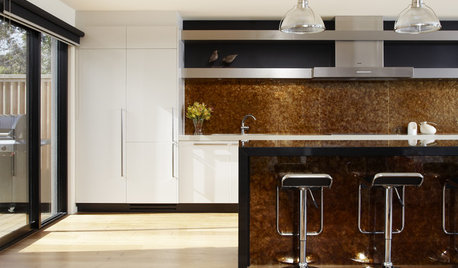
REMODELING GUIDES10 Design Features to Kick Your Remodel Up a Notch
You’ve done the legwork on your home renovation or new build. Now it’s time to plan your reward
Full StoryMore Discussions








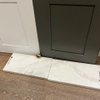


Joseph Corlett, LLC
pixie_lou
Related Professionals
Eagle Mountain Kitchen & Bathroom Remodelers · Grain Valley Kitchen & Bathroom Remodelers · Chester Kitchen & Bathroom Remodelers · Ashwaubenon Interior Designers & Decorators · La Habra Interior Designers & Decorators · Middle Island Interior Designers & Decorators · Arlington General Contractors · Four Corners General Contractors · Big Lake General Contractors · Hutchinson General Contractors · Mansfield General Contractors · Mount Vernon General Contractors · Murrysville General Contractors · Port Saint Lucie General Contractors · Salem General Contractorssnoonyb
_sophiewheeler
scrappy25
User
SaltiDawg
Fori
vishketanOriginal Author
Fori
kirkhall
Skie_M
vishketanOriginal Author
snoonyb
Skie_M
_sophiewheeler
Oaktown
annkh_nd
vishketanOriginal Author
ardcp
snoonyb
lucillle